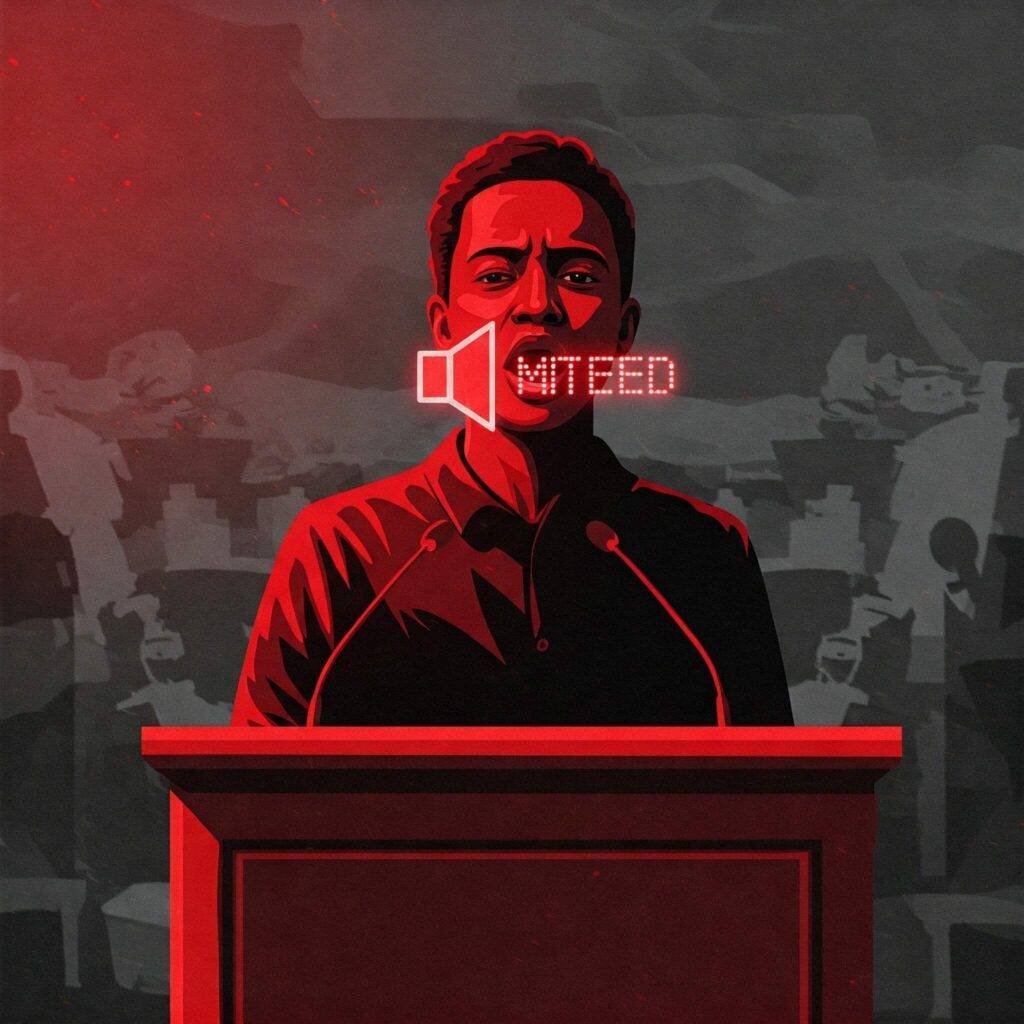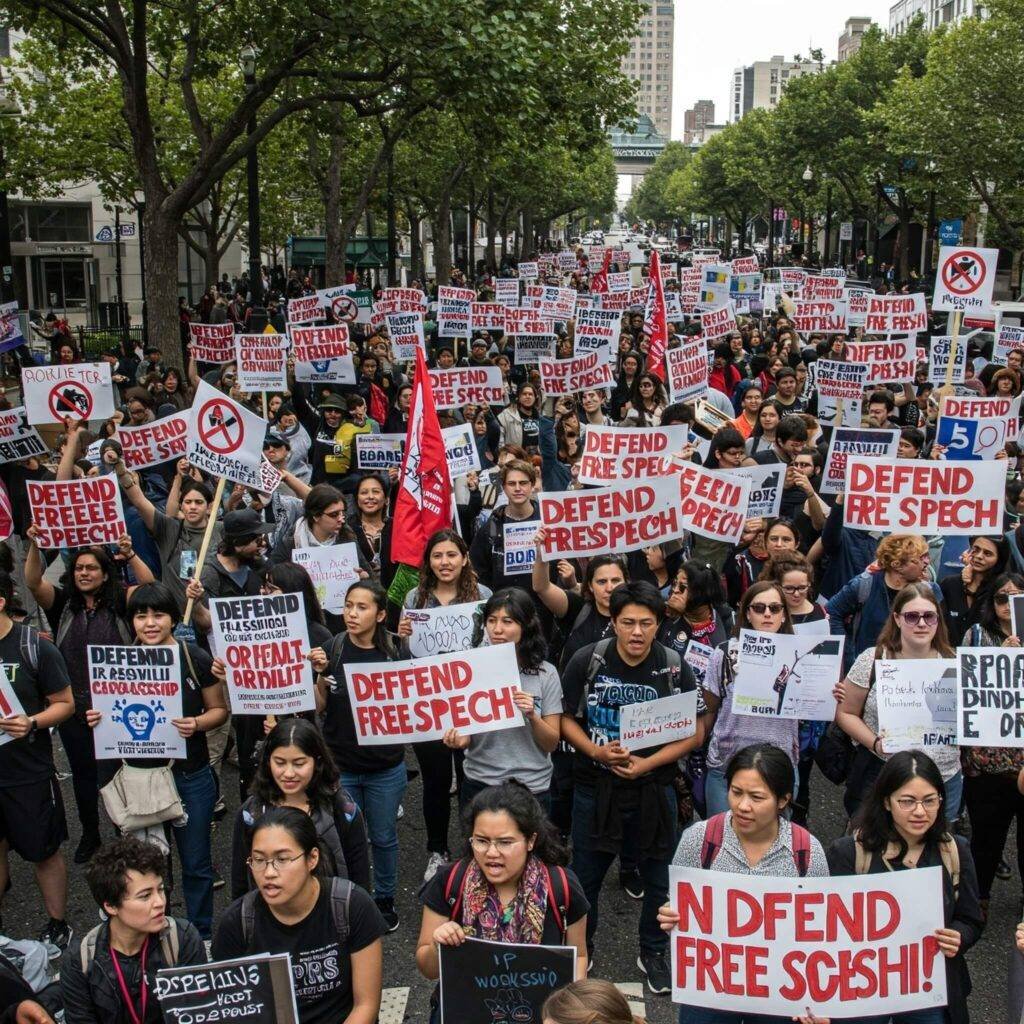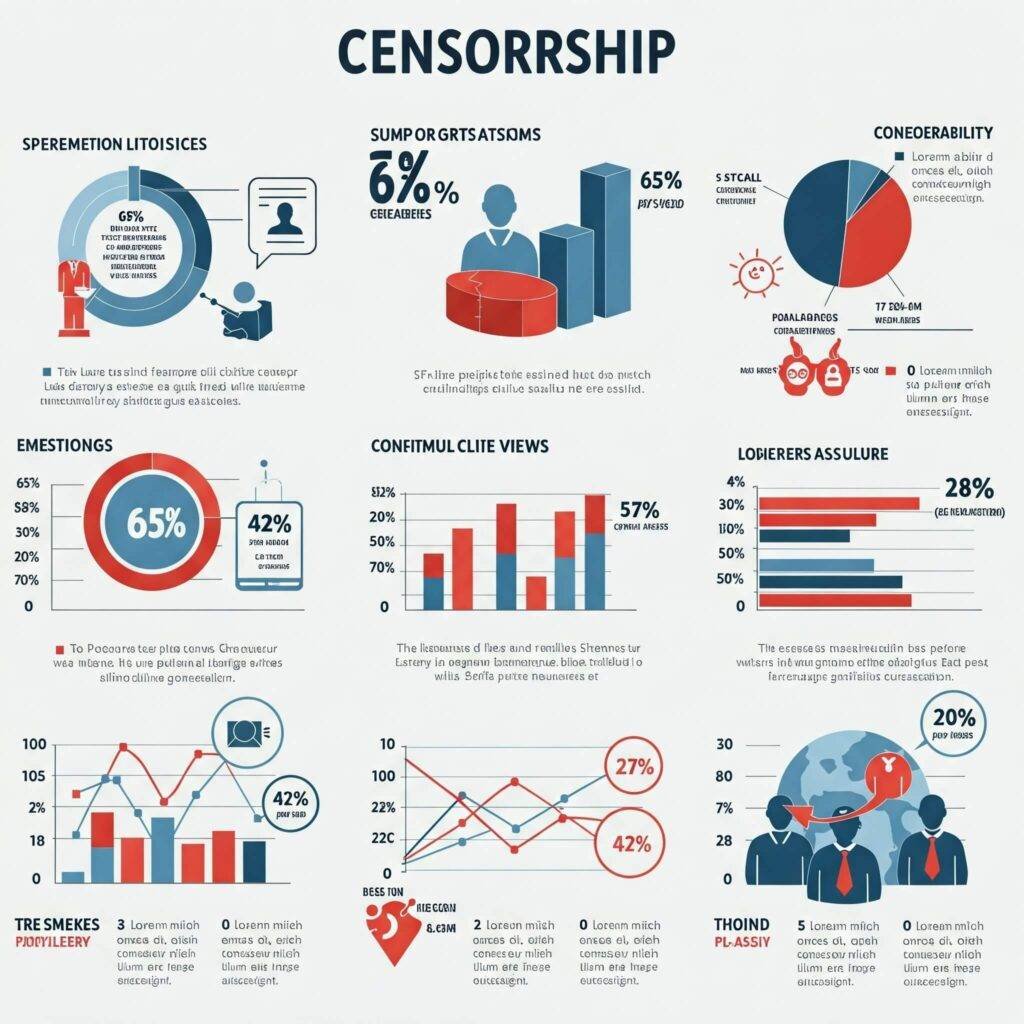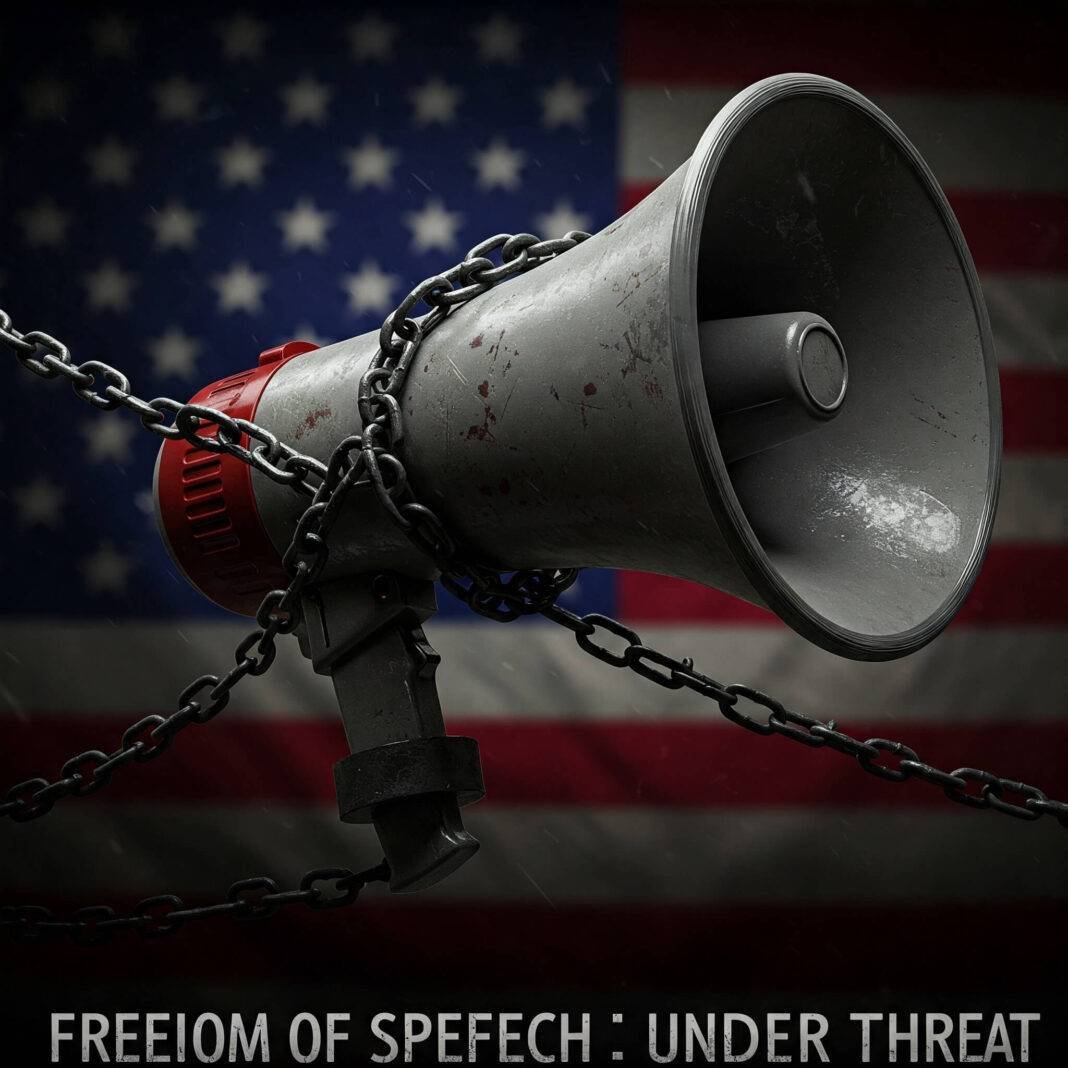Freedom of speech is under threat in ways that are both subtle and overt, shaking the foundation of open discourse. From online censorship to government policies, the evidence is mounting that free expression—a cornerstone of democracy—is at risk. This blog dives into the proof, explores real-world examples, and offers actionable steps to protect this vital right. Let’s unpack why this matters and what we can do about it.

The Growing Threats to Free Speech
Freedom of speech is under threat due to a combination of societal, technological, and political pressures.
Online Censorship by Big Tech
Social media platforms increasingly moderate content, often inconsistently. A 2023 Knight Foundation study found that 65% of Americans believe tech companies censor speech based on political views. For example, X posts critical of certain policies have been flagged or removed, raising concerns about bias.
outbound link: Electronic Frontier Foundation
Cancel Culture and Social Pressure
Cancel culture discourages open debate by punishing controversial opinions. High-profile cases, like the ousting of academics for expressing unpopular views, show how freedom of speech is under threat when dissent is met with professional ruin.

Why Freedom of Speech Is Under Threat: Key Evidence
The proof that freedom of speech is under threat lies in data and real-world incidents. Here’s a closer look at the evidence.
1. Legislative Overreach
Governments worldwide are introducing laws that curb speech under the guise of protecting public safety. In the U.S., proposed bills like the RESTRICT Act could give authorities broad powers to monitor and restrict online content, alarming free speech advocates.
2. Deplatforming and Content Moderation
Prominent figures, from journalists to politicians, have been deplatformed for violating vague “community standards.” A 2022 Pew Research report notes that 41% of Americans have experienced online harassment or censorship, stifling open dialogue.
3. Self-Censorship Out of Fear
Fear of backlash leads many to self-censor. A Cato Institute survey found that 62% of Americans feel they cannot express their political views openly, a chilling effect on free expression.

Real-World Examples of Speech Suppression
History and recent events provide clear proof that freedom of speech is under threat. Consider these cases:
- Journalist Suspensions on Social Media: In 2022, several journalists were temporarily banned from platforms like X for sharing controversial but factual reports, highlighting inconsistent moderation policies.
- University Speech Codes: Many U.S. colleges enforce strict speech codes, limiting what students and faculty can say. The Foundation for Individual Rights and Expression (FIRE) reports that 20% of colleges maintain policies that restrict protected speech.
These examples show how freedom of speech is under threat across institutions and platforms.
Challenges to Protecting Free Speech
While the evidence is clear, protecting free speech faces significant hurdles. Understanding these challenges is key to addressing why freedom of speech is under threat.
Balancing Safety and Freedom
Efforts to curb misinformation or hate speech often lead to overreach. Striking a balance between safety and free expression remains contentious, as vague definitions of “harmful content” can be weaponized.
Corporate Influence
Tech giants wield immense power over public discourse. With little transparency, their algorithms and moderation policies can suppress voices without accountability.
Actionable Steps to Defend Free Speech
To counter the proof that freedom of speech is under threat, here are practical ways to protect this right:
- Support Free Speech Organizations: Donate to or volunteer with groups like FIRE or the ACLU that defend First Amendment rights.
- Advocate for Transparency: Demand clear, consistent content moderation policies from tech platforms. Engage with X campaigns pushing for open dialogue.
Conclusion: Free Speech Matters Now More Than Ever
The proof that freedom of speech is under threat is undeniable—from Big Tech censorship to legislative overreach and social pressures. This erosion undermines democracy, stifles innovation, and silences diverse voices. By supporting free speech advocates, demanding transparency, and speaking out, we can protect this fundamental right. The time to act is now—because a world without free expression is a world without freedom.





